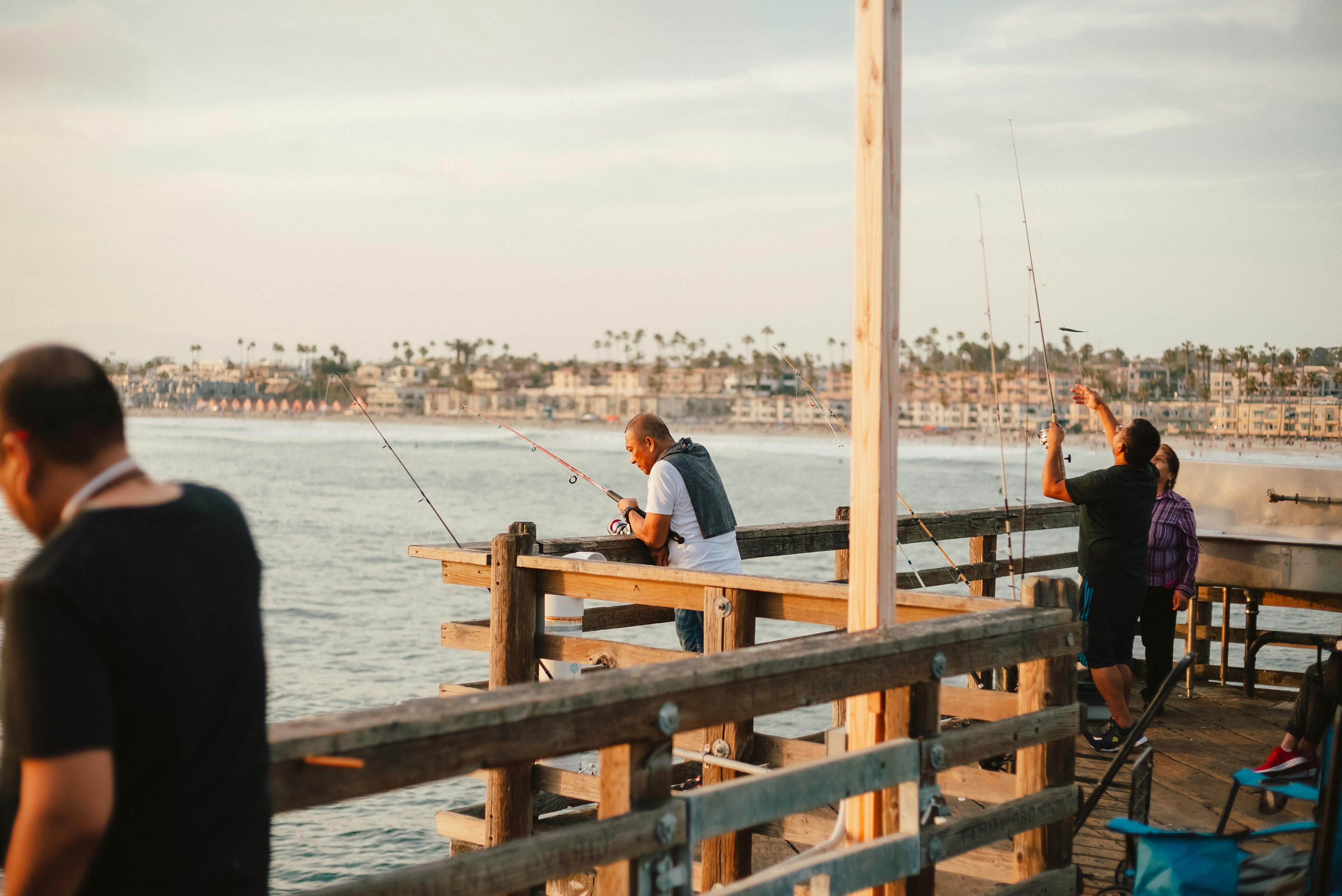The Fascinating Way Nations Honor the End of World War II: A Journey through Liberation Days
- *
Countries' Liberation Anniversaries: Commemorating the End of World War II - Countries' Honorary Commemorations of World War II's "Freedom Day"
May 8, 1945, marked the end of a nearly six-year brutal war in Europe, resulting in over 60 million deaths and 12 years of Nazi dictatorship. After Adolf Hitler's suicide in Berlin and Soviet troops encroaching on the city, Grand Admiral Karl Dönitz took over and, on May 7, General Field Marshal Alfred Jodl signed the unconditional surrender of the Wehrmacht in Allied headquarters in Reims, which came into effect at 23:01 on May 8. However, Soviet leader Joseph Stalin insisted on a repeat ceremony in the Soviet zone, and in the early hours of May 9, high-ranking Wehrmacht representatives signed the surrender before the Soviets in Berlin-Karlshorst.
Both days are celebrated as the end of World War II in European countries and Russia. France and Britain celebrate "Victory Day" on May 8, while Russia commemorates it on May 9. Yet, many countries mark their liberation days earlier, such as Denmark on May 4, the Netherlands on May 5, Italy as early as April 25, and Germany, which has a complex history with this day.
A Mixed Bag of Celebrations and Reflections
While some countries, like Denmark and the Netherlands, host vibrant celebrations on their Liberation Days, others, like Germany, approach the day with a mix of commemoration and reflection. In the early years of the young Federal Republic, May 8 was primarily associated with defeat, expulsion, and occupation. It wasn't until the late 1960s and 1970s that this started to change.
However, Germany does not celebrate a specific "Liberation Day." Instead, the end of World War II is marked on May 8 as "V-E Day (Victory in Europe Day)." Germans use this day for reflection on the past, remembering the victims of the war, and ensuring that the atrocities of the Nazi regime are not forgotten.
History, Culture, and Freedom: A Unique Blend of Commemoration
Each country offers a unique blend of history, culture, and freedom when commemorating their liberation days and the end of World War II. While Russia celebrates its victory with grand military parades and patriotic events, countries like Italy honor their resistance fighters with parades and ceremonies. Meanwhile, Denmark and the Netherlands focus on remembrance and reflection, with gatherings at museums and monuments.
Ultimately, each nation's approach to commemorating their liberation days and the end of World War II reflects their distinct histories and cultural contexts. It serves as a reminder of the sacrifices made, the lessons learned, and the enduring quest for freedom and peace.
- The community policy in many European countries, including Denmark and the Netherlands, embraces the celebration of their respective Liberation Days, marking the end of World War II.
- Despite the Wehrmacht's unconditional surrender on May 8, 1945, the UK and France choose to celebrate "Victory Day" on May 8 and May 9 respectively, while Germany, with its complex history, commemorates V-E Day on the same date as a day for reflection.
- In the realm of politics, general-news, and employment policy, it is essential to understand the diverse ways nations honor the end of World War II, as seen in celebrations, commemorations, and reflections on their Liberation Days.
- Birthdays and anniversaries are not the only occasions that unite people; Liberation Days, such as those in Bornholm, Denmark, and other affected regions, serve as a poignant reminder of the end of the Wehrmacht and a testament to the power of freedom.










